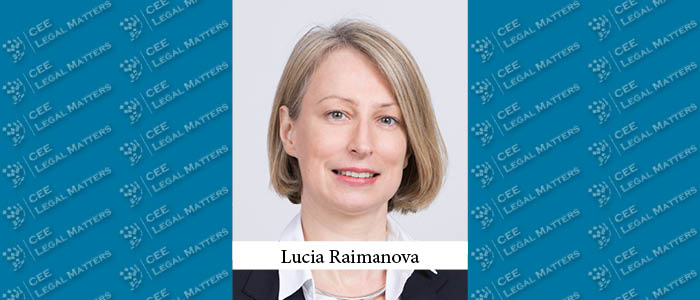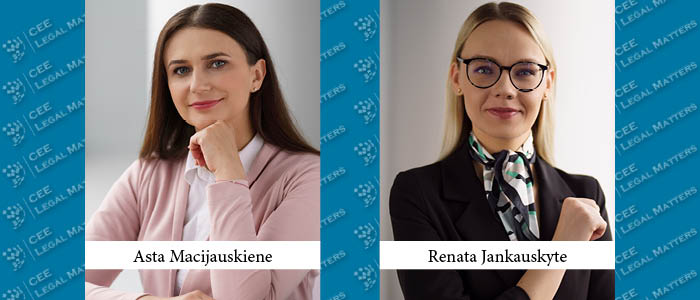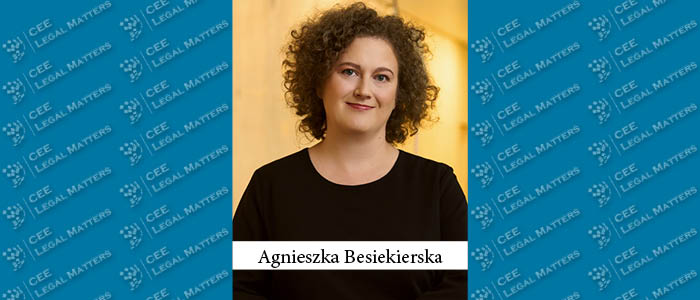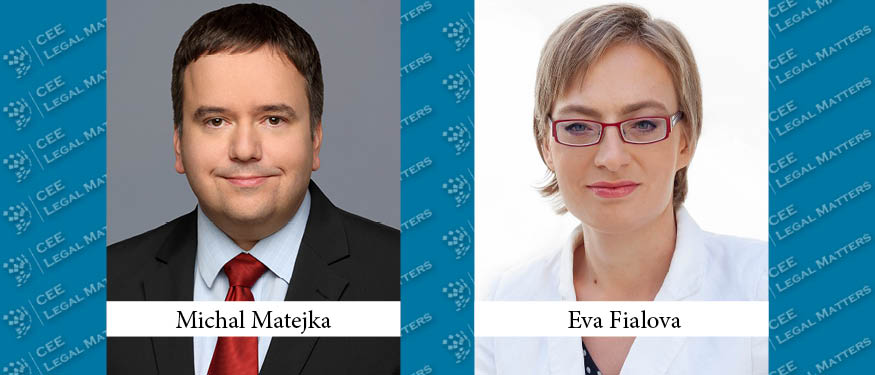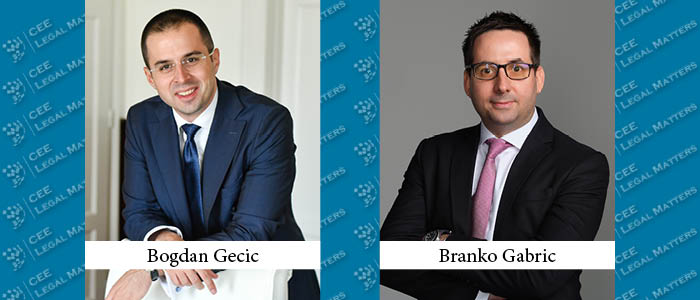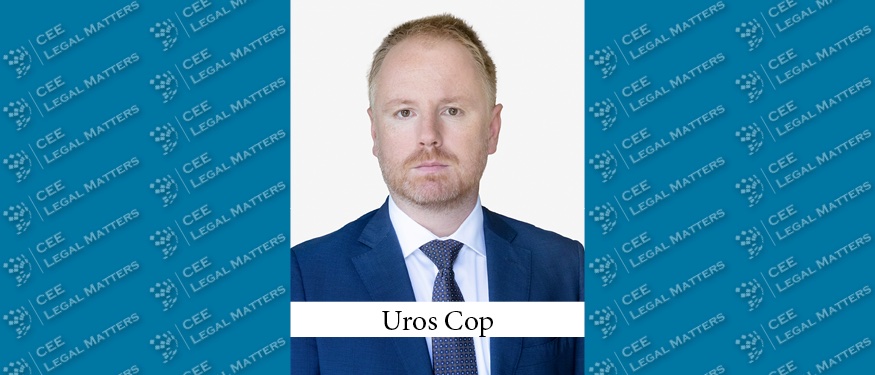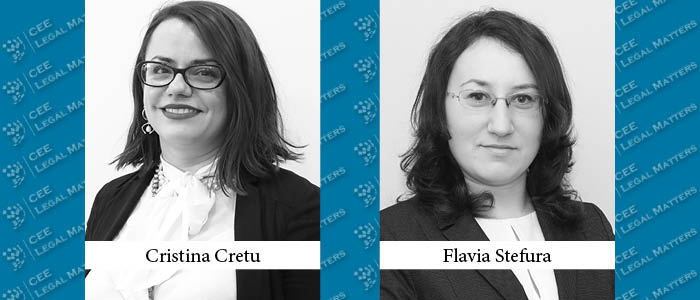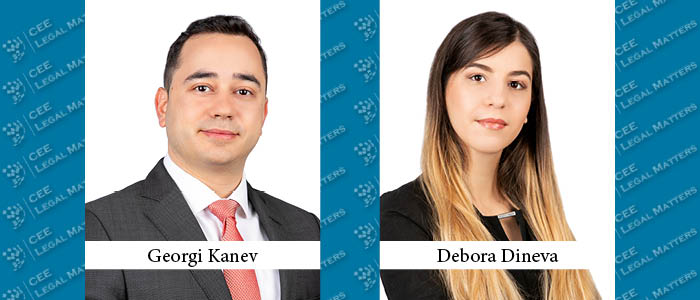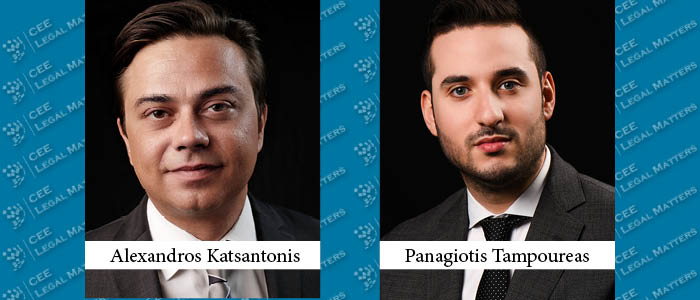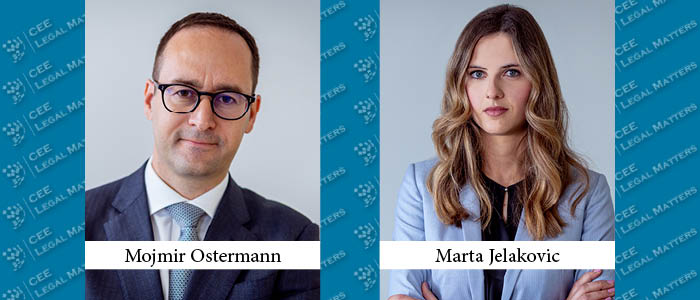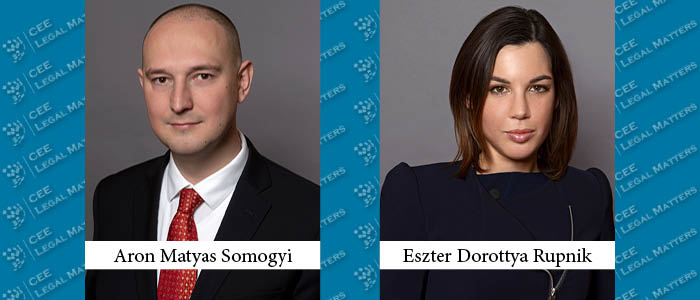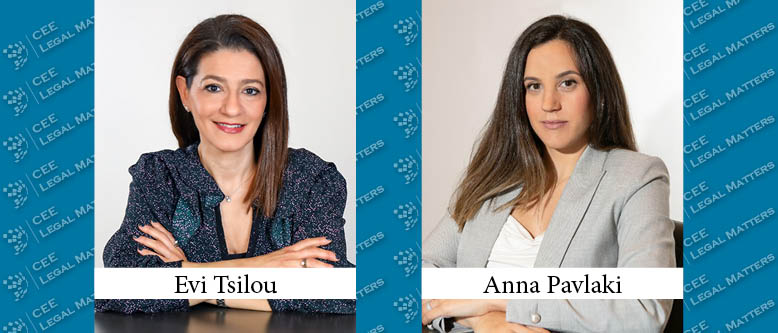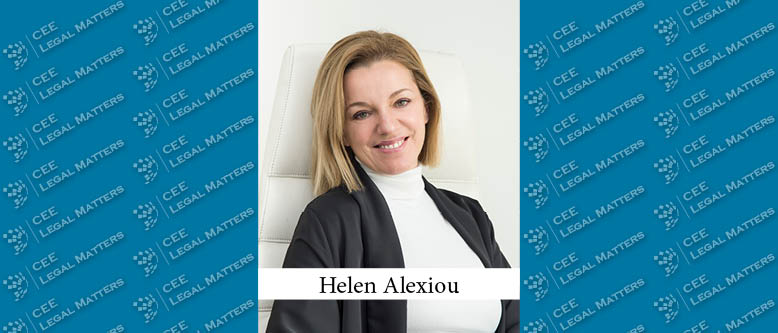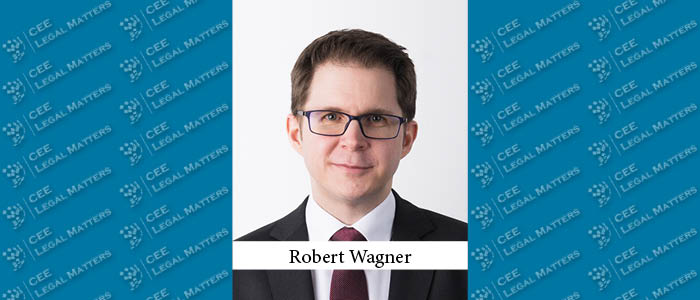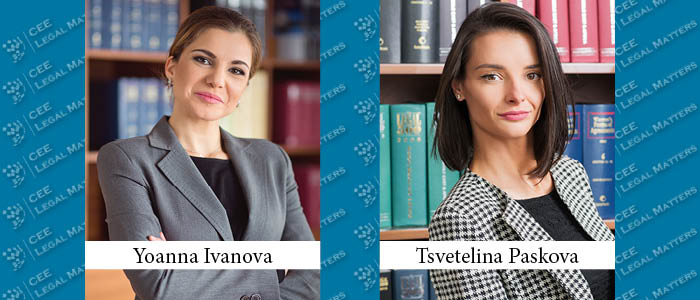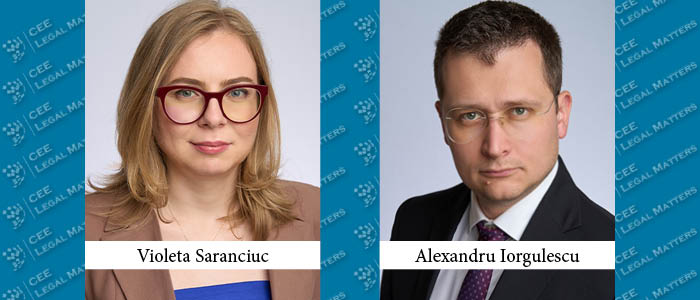Despite concerns over automotive suppliers relocating due to geopolitical tensions, the automotive sector in Slovakia has remained resilient. The sector continues to be the backbone of the economy, with tax revenues and employment surpassing other industries, although challenges do exist. Ruzicka & Partners Managing Partner Jaroslav Ruzicka, Wolf Theiss Counsel and Head of Corporate/M&A Bruno Stefanik, and Cechova & Partners Head of Automotive Practice Michal Simunic take a closer look at the status of the sector.
Know Your Lawyer: Lucia Raimanova of Allen & Overy
An in-depth look at Lucia Raimanova of Allen & Overy covering her career path, education, and top projects as a lawyer as well as a few insights about her as a manager at work and as a person outside the office.
Ukraine: Building Up The Defense Tech Sector in Ukraine
Since the onset of the Russian invasion in 2014, and particularly since the full-scale invasion that began on February 24, 2022, Ukraine has found itself in the epicenter of a new and challenging reality. This ongoing conflict has sparked a remarkable surge in Ukraine’s defense technology sector.
Lithuania: AI Act. When?
More than two years ago, in April 2021, the European Commission presented its long-awaited proposal to regulate the use of artificial intelligence (AI) in Europe. AI is a rapidly developing group of technologies. Today, there is little doubt that these technologies have the potential to bring (and are already bringing) enormous economic and societal benefits across a wide range of industries and social activities. However, in the absence of legal regulation, these technologies can also be abused, with particularly severe consequences for both individuals and society.
Poland: 5G Auction Announced Once Again. Cybersecurity Issues Still Unresolved.
On June 22, 2023, the Polish telecommunications regulator (the President of UKE) announced an auction of 3,6 GHZ frequencies intended for the 5G network. The auction will consist of a few phases, including submissions of initial bids, a formal assessment, trial auctions, auctions, and reservations of frequencies. It is expected that the auction will be settled this year. Despite the announced plans, the auction is affected by significant cybersecurity issues which have yet to be resolved.
Czech Republic: Cybersecurity – Czech Businesses Are Getting Ready for NIS 2
Cybersecurity is trending in Czechia again not only because of recent large-scale cyber-attacks targeting important institutions such as hospitals, the Czech public radio, or the national highway directorate (resulting in some of its systems being unavailable for several months) but also due to legislative developments. Specifically, cybersecurity is also making headlines as it is time for many Czech businesses to get ready for the NIS 2 Directive (Directive (EU) 2022/2555 of the European Parliament and of the Council of 14 December 2022 on measures for a high common level of cybersecurity across the Union).
Serbia: Amendments to the Serbian Act on Electronic Communications
Recently, the Serbian Parliament enacted amendments to the Act on Electronic Communications (Act). The Act was drafted through a collaborative effort of representatives from a broad range of organizations, including the Regulatory Agency for Electronic Communications and Postal Services (RATEL), the Regulatory Agency for Electronic Media (REM), the National Alliance for Local Economic Development (NALED), the Foreign Investors Council, the National Convention on the European Union, supplemented by expert opinions from the business sector.
Slovenia: Unveiling the DMA – Safeguarding Open Markets in the Digital Sphere and Its Impact on Slovenia
The initiation of the European Union’s Digital Markets Act (DMA) on May 2, 2023 marked a pivotal turning point in digital markets. Designed to counteract the monopoly-like tendencies of so-called “gatekeepers” – large online platforms wielding significant power – the DMA is revolutionizing the digital space. However, its implications extend beyond these giant companies, and it’s essential to examine the impact on smaller EU members like Slovenia.
Romania: Digitizing During and After the Pandemic
It is said that every cloud has a silver lining. As unfortunate as the consequences of the COVID-19 pandemic were, one of them was in fact positive: Romanian legislators sprang into action to adopt measures accelerating the digitalization of public services.
Bulgaria: The Piracy Ship Started Sinking in Bulgaria
On May 31, 2023, the Sofia City Court issued a landmark decision in the field of copyright protection, pursuant to which three internet providers were directed to disable the access of their users to peer-to-peer file-sharing platforms Zamunda and The Pirate Bay – to both the main torrent websites and any known proxies allowing access to these platforms.
Greece: The Hellenic Data Protection Authority’s Case Law on Telecommunications Providers
In the digital era, the protection of personal data has become a critical concern. Governments and regulatory bodies worldwide are actively working to ensure that individuals’ privacy rights are upheld and telecommunications providers play a significant role in this landscape. In this context, a brief review of the Hellenic Data Protection Authority’s (HDPA) case law concerning telecommunications providers in Greece over the past 12 months would lead to invaluable insights into the evolving respective legal landscape and the challenges faced by both organizations and individuals in safeguarding personal data.
Croatia: Influencer Marketing – Advertise at Your Own Peril
Following global trends, Croatia has seen rapid growth in influencer marketing in the past few years. On one hand, the main benefit is evident: partnering with the right influencer helps a brand grow exponentially. On the other hand, same as with social media posts, the accompanying legal and reputational risks can go viral in no time, so brand companies, marketing agencies, and influencers should tread carefully.
Hungary: AI Language Models and the EU AI Act – The Urgent Need for Overarching Legislation
The most accurate sentence that describes AI language models would be: “I’m sorry, the answers are ready, you just need to ask the right questions.”
Turkiye: A Summary of Regulations Relating to Crypto Assets in Turkiye and Envisaged Developments
As a result of the expanding adoption of blockchain technologies worldwide, lawmakers seek to introduce regulatory frameworks to compete in the ever-fast-growing field, particularly when it comes to crypto assets. As these assets spark debates in the financial world and among regulators, some countries’ lawmakers adopt regulations to define their legal status, whereas others choose to remain silent.
Reformations for Transformations
“Everyone may merge with everyone; everyone may absorb everyone; everyone may divide into everyone; everyone may benefit from everyone; everyone may convert to everyone.” This phrase, included in the Explanatory Memorandum of Greek Law 4601/2019 (Law), sums up the rationale of the Greek lawmakers with respect to the legal framework on corporate transformations currently in force.
The Aegean – The Heavy Seas that Real Estate Investors Must Navigate
Greece is consistently ranked among the top tourist destinations in the world, with the Aegean islands being at the center of the hype. But few wonder what it takes to actually conceive, design, and construct a hotel in this gorgeous part of the world. There are so many restrictions and obstacles that one thing is certain: investing in the Aegean is certainly not for the faint-hearted.
Austria: Can Victims of Competition Law Infringements Get Access to Leniency Statements and Settlement Submissions in Austria?
Where behavior is investigated in parallel by the Austrian competition authorities and the Public Prosecutor’s Office (PPO), the latter usually requests the competition authorities to provide it with copies of their files, including leniency statements and settlement submissions that have been filed with the Federal Competition Authority (FCA), and adds (parts of) these documents to its own file. Victims of competition law infringements can thus indirectly get access to leniency statements and settlement submissions through an inspection of the PPO’s file. This practice risks weakening the effectiveness of the Austrian leniency program and settlement procedure as it may deter undertakings from cooperating with the FCA.
Bulgaria: Safeguarding Competition – The Role of Antitrust Legislation in Preserving Market Fairness
This article aims to explore key aspects of Regulation (EU) 2022/720 (Regulation), which governs the block exemption of specific vertical agreements in the European Union market, with a focus on its implications within the Bulgarian market, particularly for its dynamic IT sector, which had a 26% growth in 2022 and reached 4.5% of the country’s GDP. Further to that, Bulgaria has seen even more foreign investments by VCs and big corporations alike, therefore such antitrust legislations are closely followed by the business ecosystem. Some of the world’s biggest automotive giants also have software and engineering development centers here, with new leading players expected to enter soon.


